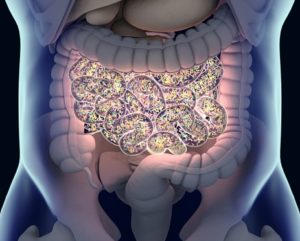A systematic review and meta-analysis explored the effect of fecal microbiota transplantation (FMT) on patients with cardiometabolic diseases (CMD), focusing on changes in cardiometabolic parameters and gut microbiota composition. Eighteen articles were reviewed, with 11 included in the meta-analysis. The findings indicated a significant decrease in insulin levels by 24.7 pmol/L after short-term follow-up, and a slight increase in HDL levels in certain groups. However, there were no notable changes in other lipid profiles, blood glucose, insulin resistance, or anthropometric indices. Additionally, alterations in gut microbiota post-FMT were observed, such as an increase in butyrate-producing species. Despite some reported benefits of FMT on metabolic parameters, the study concluded that the alterations were not clinically significant. The research also highlighted the lack of sufficient data regarding the selection of appropriate donors and the most effective methods for conducting FMT. Moreover, the need for precautions to avoid potential harm during the procedure was emphasized, indicating that more detailed investigations are needed to optimize FMT as a treatment for CMD.
Reference: Pakmehr A, Mousavi SM, Ejtahed HS, et al. The Effect of Fecal Microbiota Transplantation on Cardiometabolic Risk Factors: A Systematic Review and Meta-Analysis. Clin Ther. 2024 Feb;46(2):e87-e100. doi: 10.1016/j.clinthera.2023.11.015. Epub 2023 Dec 11. PMID: 38087724.









